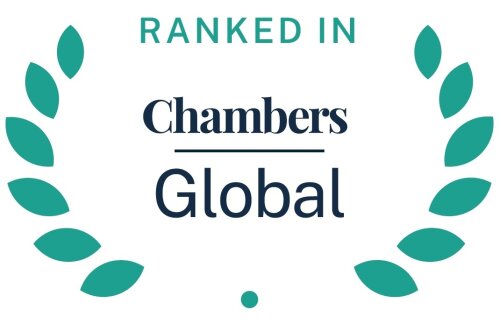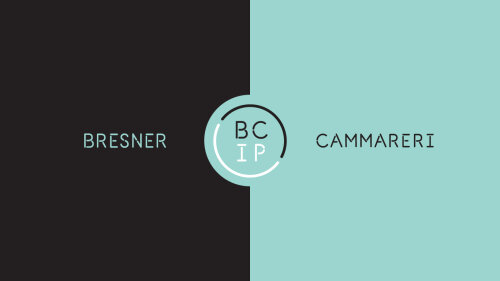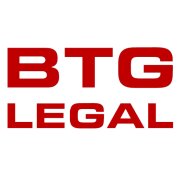Best Technology Transactions Lawyers in Milan
Share your needs with us, get contacted by law firms.
Free. Takes 2 min.
List of the best lawyers in Milan, Italy
About Technology Transactions Law in Milan, Italy
Milan, as Italy's financial and innovation hub, holds a significant position in the realm of technology transactions. With a strong presence of tech companies, startups, and research institutions, technology transaction law in Milan encompasses a variety of legal issues such as software licensing, data protection, intellectual property rights, e-commerce agreements, and technology transfer. The legal framework governing these transactions aims to protect the rights of all parties involved while promoting a healthy and competitive tech ecosystem.
Why You May Need a Lawyer
Legal advice is vital in technology transactions to navigate the complex web of domestic and European Union laws affecting the sector. Companies and individuals may require legal help for reasons including negotiating contract terms, ensuring compliance with data protection regulations, protecting intellectual property, resolving disputes over technology use, or facilitating the transfer of technology. A lawyer can provide invaluable assistance in drafting agreements that are clear, enforceable, and aligned with your business objectives, as well as in managing risk and safeguarding your legal rights.
Local Laws Overview
The legal landscape of technology transactions in Milan is influenced by Italian law, EU legislation, and international agreements. Key areas of local law include the Italian Civil Code, which governs contracts and obligations; the Intellectual Property Code, which protects patents, trademarks, and designs; and laws surrounding privacy and data protection, such as the GDPR (General Data Protection Regulation) implemented throughout the EU and the Italian Data Protection Code. Moreover, Milan is subject to competition regulations to prevent anti-competitive practices and promote a dynamic market.
Frequently Asked Questions
What legal documents are necessary for a technology transfer?
Typical documents include transfer agreements, confidentiality agreements, and license agreements. Patents or trademarks registrations may also be involved.
How does GDPR impact technology transactions in Milan?
GDPR affects any transaction dealing with personal data, necessitating compliance in terms of data collection, processing, and security.
Do I need an Italian lawyer for technology transactions in Milan?
While not strictly necessary, having local legal representation is highly recommended to navigate local and EU legal complexities.
Can I protect my software through copyright in Italy?
Yes, software is protected under Italian copyright laws, but specific conditions and formalities apply.
What should I consider when drafting a technology-related contract?
It's crucial to address IP ownership, confidentiality, liability, and compliance with regulations, among other terms.
How can I resolve a technology transaction dispute?
Dispute resolution can be managed through negotiation, mediation, arbitration, or litigation, based on contract terms.
Is it necessary to register a technology transfer agreement?
This depends on the nature of the technology and related IP rights; registration can be necessary for enforceability.
What is a ‘license’ in the context of technology transactions?
A license is a legal permission to use technology or IP within defined limits, without transferring ownership.
Are there any restrictions on international technology transactions?
Yes, there may be restrictions due to international sanctions, export controls, and national security considerations.
What are the penalties for non-compliance with technology transaction laws?
Penalties can vary and may include fines, injunctions, or even criminal charges, depending on the violation's severity.
Additional Resources
Individuals seeking guidance can access resources from the Italian Data Protection Authority (Garante per la protezione dei dati personali), the Italian Patent and Trademark Office (UIBM), and Innovhub SSI. Legal databases like Dejure and Normattiva may also provide useful information. Industry associations such as Assolombarda offer support for businesses in the tech sector.
Next Steps
If you are in need of legal assistance for technology transactions in Milan, the first step would be to consult a lawyer specializing in technology law. You should look for someone experienced in Italian and EU legislation, with a good track record in the tech industry. They can help you understand your legal needs, represent your interests in transactions, and ensure your activities comply with relevant regulations. Don't hesitate to get in touch with multiple lawyers or law firms to find the one that best suits your needs.
Lawzana helps you find the best lawyers and law firms in Milan through a curated and pre-screened list of qualified legal professionals. Our platform offers rankings and detailed profiles of attorneys and law firms, allowing you to compare based on practice areas, including Technology Transactions, experience, and client feedback.
Each profile includes a description of the firm's areas of practice, client reviews, team members and partners, year of establishment, spoken languages, office locations, contact information, social media presence, and any published articles or resources. Most firms on our platform speak English and are experienced in both local and international legal matters.
Get a quote from top-rated law firms in Milan, Italy — quickly, securely, and without unnecessary hassle.
Disclaimer:
The information provided on this page is for general informational purposes only and does not constitute legal advice. While we strive to ensure the accuracy and relevance of the content, legal information may change over time, and interpretations of the law can vary. You should always consult with a qualified legal professional for advice specific to your situation.
We disclaim all liability for actions taken or not taken based on the content of this page. If you believe any information is incorrect or outdated, please contact us, and we will review and update it where appropriate.













